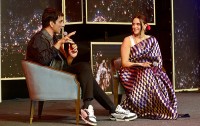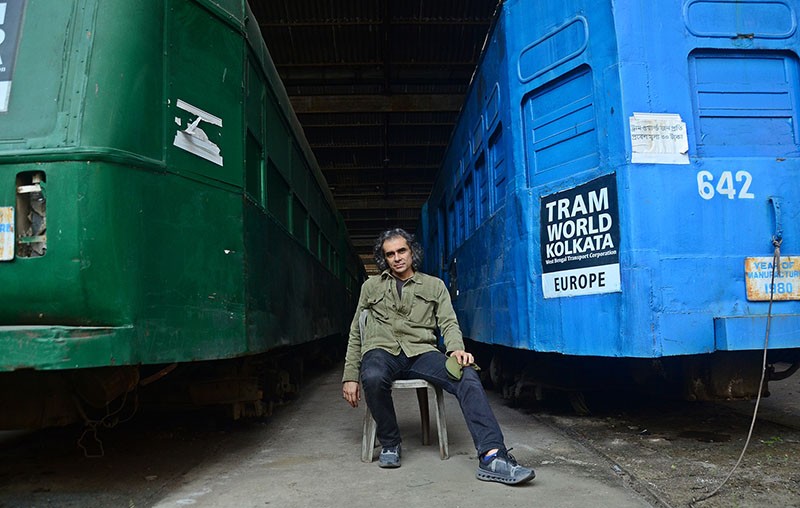 Imtiaz Ali
Imtiaz Ali
My Melbourne is a relatable film which I helmed instead of directing: Imtiaz Ali
Bollywood's celebrated director Imtiaz Ali is one of the four filmmakers who contributed to the making of My Melbourne, an anthology of four stories about sexuality, gender, disability and race which was screened at the 30th Kolkata International Film Festival (KIFF) last week. IBNS-TWF correspondent Souvik Ghosh speaks to Imtiaz amid his busy day-long schedule featuring a tram ride in the city and indulging in taste buds. Excerpts...
Q. Tell us about working for the film My Melbourne.
A. This is the first time any of us have done an anthology. Four films with all distinct stories yet stride together by the general theme of inclusive living. We got a chance to work with a very unique crew which I think is the most inclusive way of work I have ever participated in.
Q. Does My Melbourne show a mirror to the world?
A. I think the reason why people watch movies is to see their own stories being represented on screen. The same has happened in My Melbourne. For instance, Rima's (Rima Das, one of the four filmmakers) film deals with disability and someone who is trying to fit into a society and an accepted group of people. Anyone, who may not have the same disability, will still relate to the journey of trying to belong upon watching it. So this is how I feel it's a mirror to what society is.
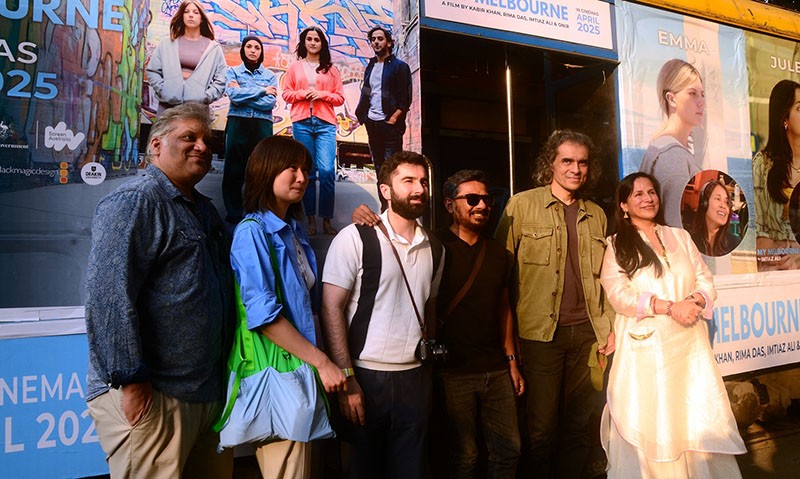
Q. How different is directing a film like My Melbourne compared to the one like Jab We Met?
A. My Melbourne was a very different experience for me because firstly, I did not originally conceive the story. I was helming it, mentoring many unique, young, emerging filmmakers in Melbourne. I didn't personally direct this film. It was directed by Arif Ali. It was a very different experience.
Q. You are known for your trademark romantic stories which have a very different language and tone. How did you adapt to the changes of the style of romantic films from the time of Jab We Met to Tamasha to the very recent Amar Singh Chamkila?
A. Every story is unique in its own way. I don't try to make any film different from any other. I just try to firstly understand what the story itself is so that it can be unique. I just try to write a story with honesty. In every attempt to make a film, I made sure not to do anything that I have done before.
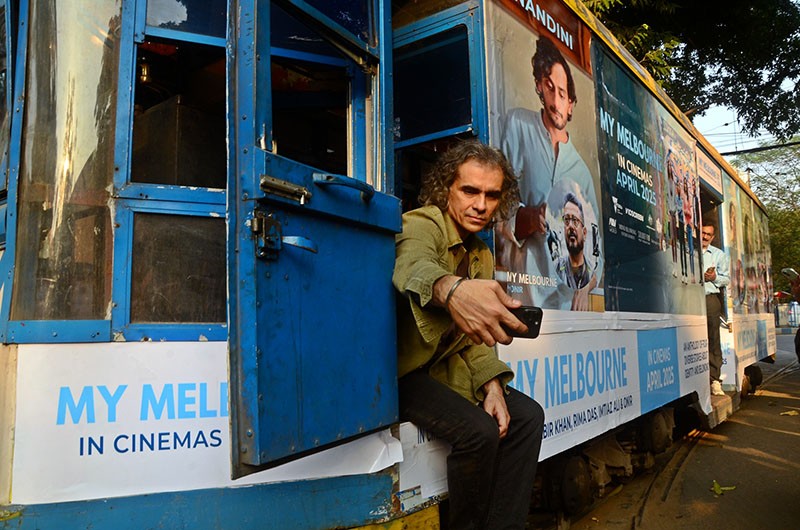
Q. What prompted you to choose the subject of Amar Singh Chamkila, is it the life of the singer or the conflict?
A. I think the life of Amar Singh Chamkila was very relevant to any time because of the simultaneous presence of conflict and art. It was a unique love story between an artist and the art. So I wanted to tell that story.
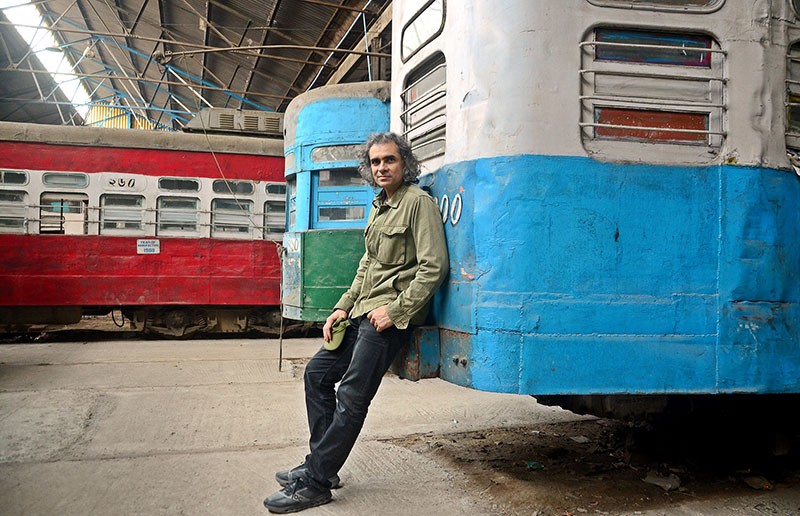
Q. Since you are at KIFF, it's a very organic question to ask about how you view Bengali films now?
A. Bengali cinema should become stronger and look at its heart. I am waiting for Bengali cinema to grow to what it was some decades ago. I think in between I have stopped seeing very good Bengali films. It was glorious back in the day. I think it can do better and I am certain that it will.
Q. Could you give some confirmation on Fahadh Faasil making his Bollywood debut with your next film?
A. It's premature. Nothing is finalised yet.
(Images by Avishek Mitra/IBNS)
Top Headlines
-
Entertainment
Rani Mukerji returns as fearless cop Shivani Roy in Mardaani 3 watch Babbar Sherni song!
January 20, 2026
-
Entertainment
Bollywood 2025: Hits, Hype and Heartbreaks as Dhurandhar Redefines the Year
December 24, 2025
-
Entertainment
Rotary Club of Calcutta East Central celebrates centenary of iconic actor Santosh Dutta with statue unveiling
December 04, 2025
-
Entertainment
Valentyn Vasyanovychs To The Victory! wins 2025 TIFF Platform Award unanimously
September 26, 2025
-
Entertainment
Chlo Zhaos Hamnet Wins TIFF 2025 Peoples Choice Award
September 20, 2025
-
Entertainment
Sholay: Golden even after fifty years
July 04, 2025
-
Entertainment
War 2: Check out Hrithik Roshan, Jr NTR and Kiara Advani's new posters
June 26, 2025
-
Entertainment
LGBTQIA+: Icelandic film Odd Fish and Brazil's Baby win big at KASHISH 2025 film festival
June 12, 2025
-
Entertainment
Katrina Kaif named Maldives tourism global brand ambassador ahead of Modi's visit
June 10, 2025
-
Entertainment
'Queen marches to conquer': Deepika Padukone joins Atlee's AA22xA6 starring Allu Arjun after 'Spirit' exit
June 08, 2025


